Chinese president pushes vision for a more multipolar world and talks trade, investments and Russia’s war on Ukraine in first European tour in five years.
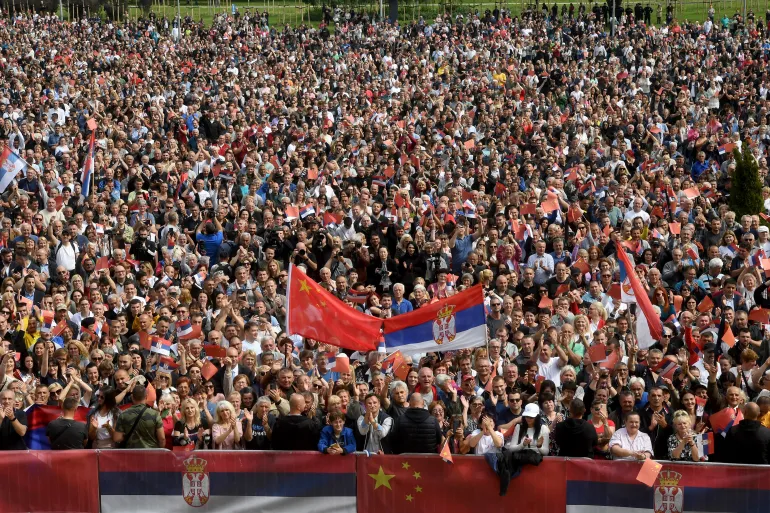
Chinese President Xi Jinping has concluded a five-day tour of Europe, after visiting France, Serbia and Hungary, where he touted Beijing’s vision of a multipolar world and held talks on trade, investments and Russia’s war in Ukraine.
In France, President Emmanuel Macron feted Xi with gifts of luxury bottles of cognac and a trip to a childhood haunt in the Pyrenees mountains, while in Serbia, President Aleksandar Vucic organised a grand welcome, gathering a crowd of tens of thousands of people, who chanted “China, China” and waved Chinese flags in front of the Serbian presidential palace.
In Hungary, President Tamas Sulyok and Prime Minister Viktor Orban also rolled out the red carpet for Xi, receiving him with military honours at the Hungarian presidential palace.
The tour marked Xi’s first trip to Europe in five years and came at a symbolic time for the three nations.
This year marks the 60th anniversary of diplomatic relations between China and France, and the 75th of those with Hungary. The trip also coincided with the 25th anniversary of the NATO bombing of the Chinese embassy in Belgrade during Serbia’s war on Kosovo.
Xi’s main aim with the visit, analysts say, was pushing for a world where the United States is less dominant, and controlling damage to China’s ties with the European Union as trade tensions grow amid a threat of European tariffs and a probe into Chinese subsidies for electric vehicles that European officials say are hurting local industries.
Here are the main takeaways.
No concessions on trade, Russia-Ukraine
Throughout Xi’s two-day trip to France, Macron pressed the Chinese leader to address Beijing’s trade imbalances with the EU – which stood at a deficit of 292 billion euros ($314.72bn) last year – and to use his influence on Russian President Vladimir Putin to end the war in Ukraine.
Macron invited European Commission President Ursula von der Leyen to join his talks with Xi, to underline European unity on calls for greater access to the Chinese market and to address the bloc’s complaints regarding its excess capacity in electric vehicles and green technology. The pair also pushed Xi to control the sales of products and technologies to Russia that can be used for both civilian and military purposes.
But the Chinese leader appeared to have offered few concessions.


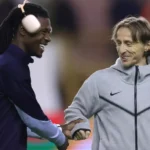


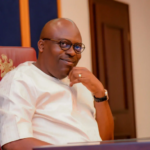

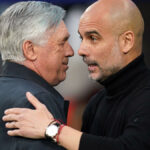

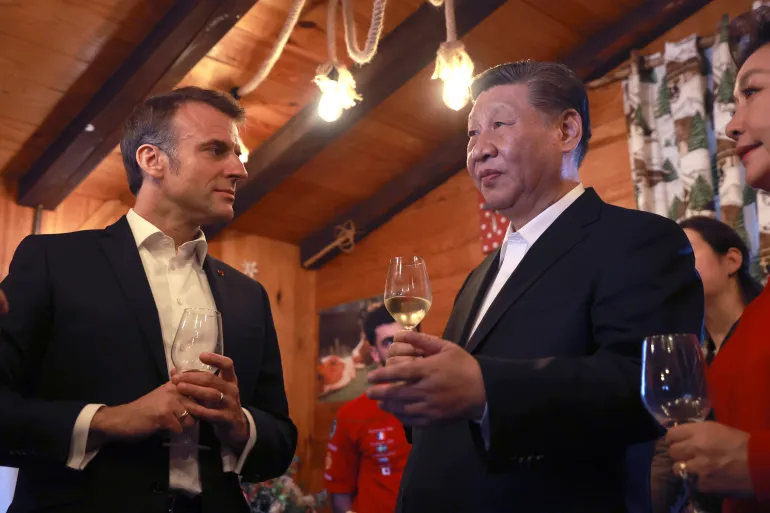
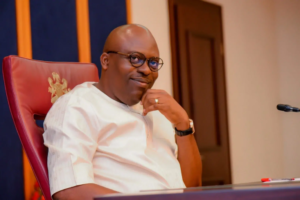

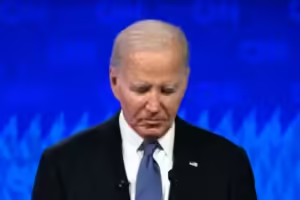






Add Comment